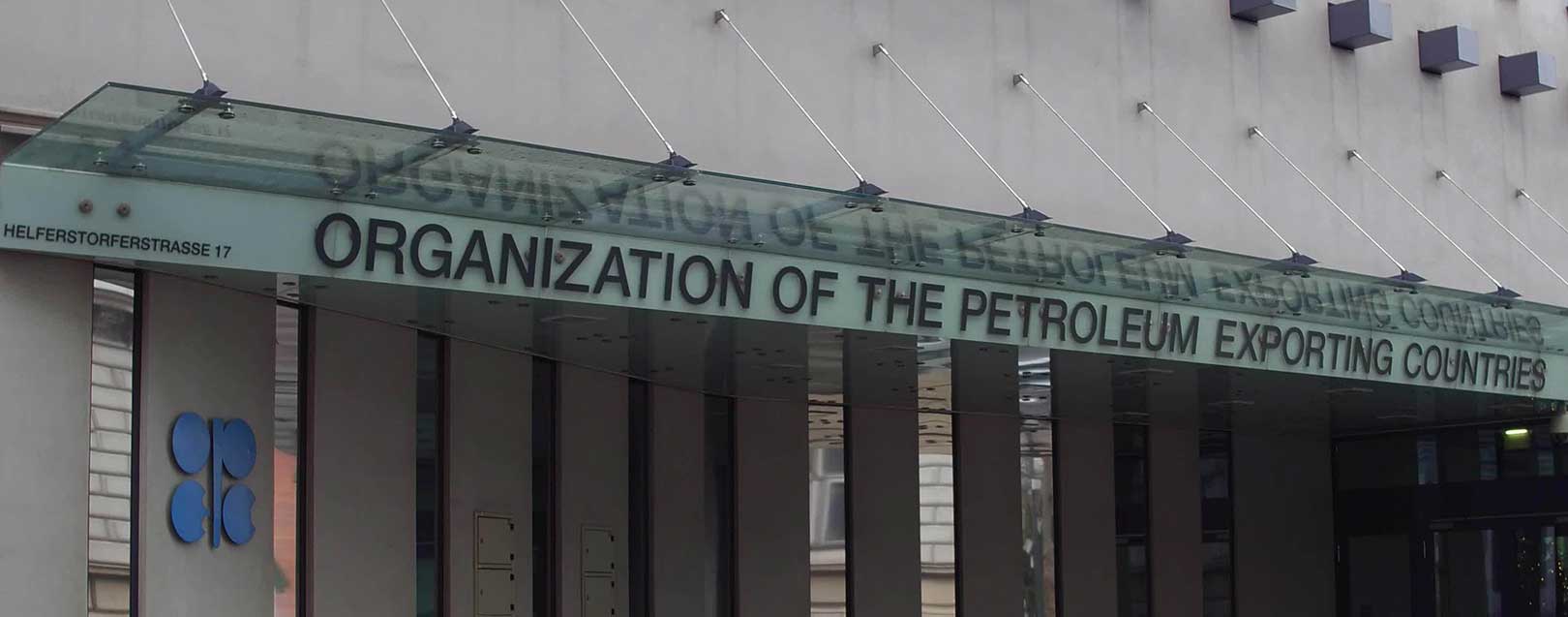
OPEC restricts output at 31.85 mn bpd in April
The Dollar Business Bureau
The Organisation of the Petroleum Exporting Countries (OPEC), which is contributing to a recent deal to cut oil production, restricted their output at 31.85 million barrels per day consecutively for the second month in April, as revealed in the data released by S&P Global Platts.
This matches to the March data which means the cartel has stabilised production at 80,000 bpd level which is below the agreed quota of 31.77 million-barrel (without Indonesia).
Saudi Arabia reduces output to 9.97 million barrels per day in the last month, just less than the restriction of 10.1 million-barrel that the Kingdom had agreed in November last year.
Iraq, OPEC’s second-largest producer, boasts production 9,000 barrels more than its quota.
Iran restricts its production at 3.77 million barrels per day, below the level of 3.8 million barrels per day the country had agreed to.
“OPEC nations could go into their meeting in Vienna on May 25 feeling happy about their levels of compliance,” said Herman Wang, OPEC specialist at Platts.
“Even nations such as the UAE and Iraq, which have received some criticism over their output levels, have moved a little closer to the compliance in the month of April,” Wang said.
“However, an extension to the production cut agreement is far from a done deal, with many details to be negotiated, including cut levels, exemptions and duration, amid an increasingly skeptical market. OPEC still has much to discuss,” he added.
As a result of the OPEC deal, the oil production has been reduced by 1.2 million barrels per day in first half of the current year. Eleven other non-OPEC countries also agreed to cut an additional 600,000 barrels, taking the overall impact of the deal to 1.8 million barrels per day.
The prices of oil have been terribly low for the last 2.5 years, causing losses to thousands of jobs and huge budget holes for nations having nationalised fossil fuel industries, which majorly exist in Africa, Middle East and South America.





